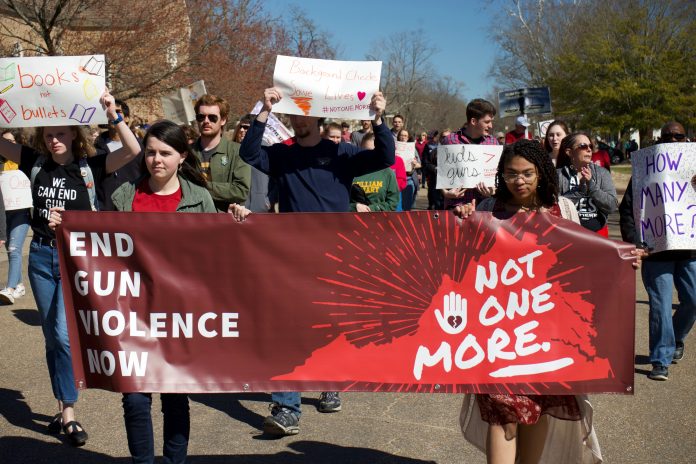Following recent events, I have been forced to confront the implications of the normalized hatred of minorities around the United States and throughout the world. In a society where everything that a politician says can be easily found online, it is imperative that we hold them to a higher standard — now more so than ever before. When President Donald Trump campaigned in the 2016 election, he claimed that American Muslims cheered terrorists on as the World Trade Center buildings fell Sept. 11, 2001. He also claimed during his campaign that Mexicans who come into America are rapists. Likewise, on the other side of the political spectrum, U.S. Rep. Ilhan Omar has made anti-Semitic comments when attempting to criticize Israel. She simultaneously denounced any criticism of her actions as Islamophobic.
While it is completely valid to criticize Israel or majority-Muslim countries when their politics touch the lives of others in negative ways, conflating the actions of foreign entities with the actions — or lack thereof — of minority religious and ethnic groups in the United States is problematic and dangerous.
It cannot be ignored that the shooting of two masjids — typically known as mosques in English — in Christchurch, New Zealand was inspired by previous similar attacks against minority churches and synagogues, like the attacks on the Tree of Life synagogue and the Mother Emmanuel Church attack in Charleston, South Carolina. Nor can it go unnoticed that these attacks are the direct result of increasing political normalization of hatred against minority groups.
Whether politicians are trying to build a wall to stop Latin American immigration, or attempting to stop people from Muslim-majority countries from even entering the United States, or pushing the classic anti-Semitic trope that Jewish people control the world through financial means, they damage the fabric of the society that they swear to uphold. Instead of fostering a world in which different groups of people can and should live together without having to deal with wanton violence.
When politicians push forward these ideals, it makes it all too easy for fringe parts of society to enact their hatred. The results are usually deadly and devastating. In the case of the Christchurch shooting, the attack was clearly premeditated, as the shooter posted his manifesto online for the whole world to see before he took any action.
This is a privilege that many people I know did not have when a gunman took to the Mandalay Bay Hotel in Las Vegas and shot repeatedly into a crowd of concert-goers with very little advanced warning. For those of us who have been affected by this type of tragedy in life, whenever something like New Zealand happens, it’s very easy for us to project raw emotion.
Why couldn’t the appropriate authorities take action quickly enough to stop this attack on the Al-Noor Masjid? Surely, someone could have taken notice of a 70-page manifesto posted to social media long before the shootings were livestreamed and prevented this massacre.
Upon hearing my argument, the issues of censorship and personal freedoms may raise a red flag for many people. Though I am not well versed on the laws of New Zealand, I know that in the United States, threats against others are thankfully not protected by the First Amendment, and an appropriate agency could have taken action.
It is unfortunate that the people of New Zealand must now live in fear of the further threat of violence, and that their sense of safety and security will be forever shattered.
Considering these recent events, students at the College of William and Mary should likewise ponder the implications of safety and security in the community, especially for minority students. Recently elected Student Assembly President Kelsey Vita and Vice President Ellie Thomas have recognized the pressing issues of campus security and are working with the College to minimize the possible impact a mass shooter could have, as well as implementing an educational program to teach students what to do in such an event.
As unfortunate as these measures are, they are clearly the only way to move forward.
Email Gavin Aquin at

